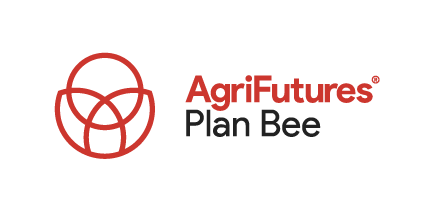Commencing early next year, interested breeders who are already collecting data, or are interested in collecting data’ for trait selection (such as honey production or disease resistance) will be able to submit samples to the national program and in return receive a report which outlines key genetic information on their stock which can provide valuable insights on the genetic health of their hives.
Key information provided will include how closely related an individual hive is to others and more importantly, whether stock is showing any signs of inbreeding. If caught early, inbreeding can be managed out of the population before it becomes a major issue.
According to Nadine Chapman, Plan Bee project lead, beekeepers who submit samples for genetic testing are not only learning more about their stock, but helping improve the entire beekeeping industry.
“The more data we can collect on the genetics of our national bee stock the closer we come to be able to develop a national database,” said Ms Chapman.
“Ongoing genetic testing means we will be able to develop accurate Estimated Breeding Values (EBVs) for the queen bee breeding industry.
EBVs, more commonly used in the red meat and dairy industries, is a measure of genetic merit for specific traits.
One of the key outcomes of Plan Bee is the creation of the ability for bee breeders to use EBVs for their stock. By using EBVs, beekeepers can purchase queens which are more likely to exhibit specific traits such as low aggressiveness, high honey production or resistance to disease.










